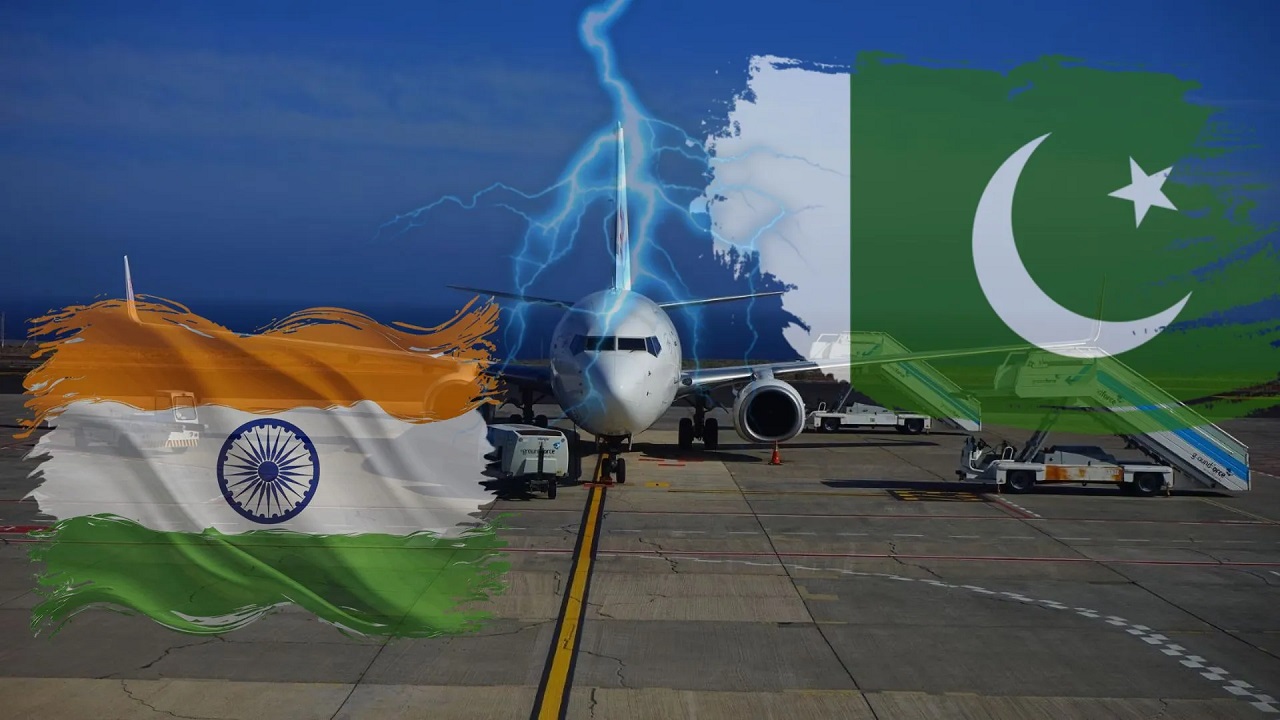Illegal Immigration and National Security: A Closer Look
Context: The Border Security Force (BSF) reported that three Bangladeshi nationals were apprehended over two days attempting to cross into Indian territory by circumventing the border fence.
Background:
-
Enhanced Vigilance in Tripura: The BSF has intensified surveillance along the Tripura border to counter illegal entries.
-
Illegal Immigration and Internal Security Threats:
- Militant Infiltration: Concerns have risen over the presence of militants among illegal immigrants, including groups like NSCN and KUFLA, suspected of entering India to execute terrorist activities.
- Human Trafficking: Human trafficking and smuggling, particularly involving women, have become increasingly common across the borders in recent decades.
- Social Tensions: The Commission on Integration and Cohesion noted that high migration levels, coupled with social issues like poverty and inadequate housing, often lead to community tensions.
- Strain on Resources: Immigration has added pressure on government resources, requiring increased spending on education and healthcare services for immigrants.
- Electoral Impact: Many illegal immigrants have unlawfully enlisted as voters, claiming citizenship status and affecting electoral rolls.
- Identity Crisis: The influx has created an identity crisis among the region's indigenous communities, with widespread encroachment on forestland by immigrants for settlement and farming, leading to resource-based conflicts with local populations.
-
Indian Laws Addressing Illegal Migration:
- The Foreigners Act of 1946 empowers the central government to deport illegal foreign nationals.
- The Passport (Entry into India) Act of 1920 allows state governments to remove illegal foreigners by force.
- The Citizenship Act of 1955 outlines the processes for obtaining and determining Indian citizenship.
-
Proposed Measures:
- Refugee Policy: A significant issue in managing illegal immigration is the absence of a structured refugee policy; a comprehensive approach by the central government is essential.
- Diplomatic Cooperation: India should seek diplomatic solutions to encourage cooperation from neighboring countries, as illegal migration is challenging to address without support from origin nations.
- Identity Cards for Border Residents: Introducing identity cards for border residents who frequently cross for legitimate reasons would enhance control.
- Border Fencing Completion: Completing the fencing along unprotected border areas would help curb illegal entries.
- Regional Cooperation: Forums like BIMSTEC could foster regional dialogue on illegal migration and strengthen support among member nations.
- Reinforced Border Security: Reinforcing border security forces such as the BSF and ITBP, along with establishing a secondary defence line via state police, would enhance security measures at the border.


1.jpg)

Comments (0)